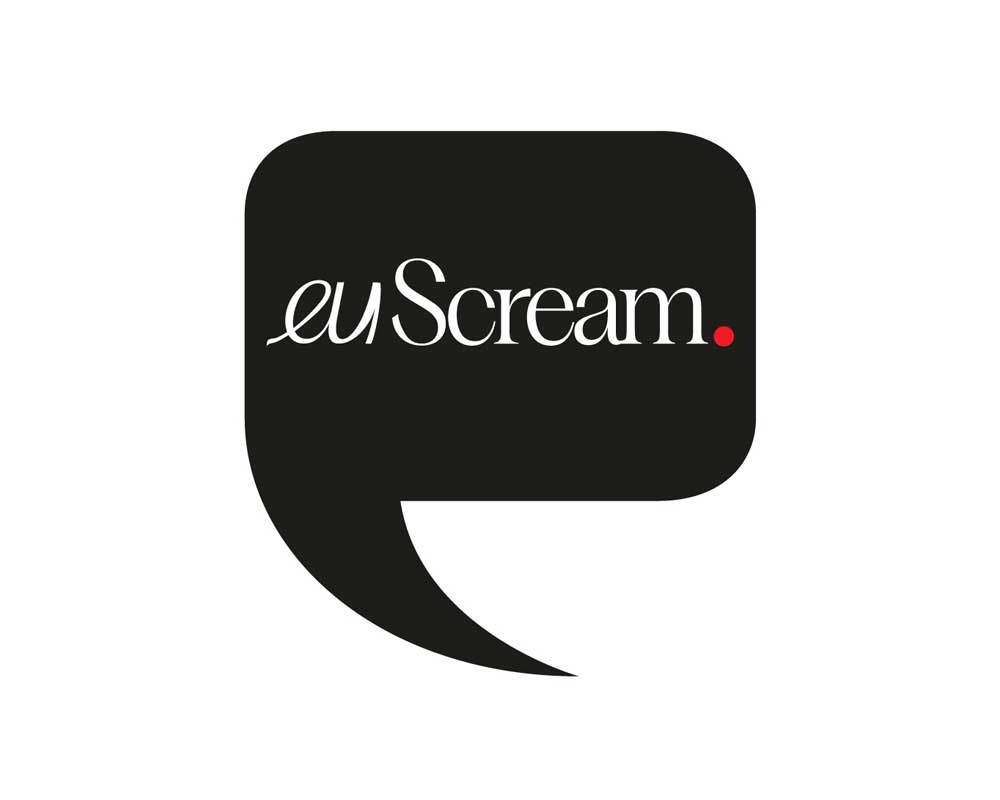An initial wave of support for Israel after the Oct. 7, 2023, attack in which Hamas killed 1,200 people and took 251 hostages has been eclipsed by 20 months of reprisals in which Israel has killed nearly 55,000 Palestinians in Gaza including thousands of children. Public support for Israel is sinking and the country’s staunchest allies are rowing back. Even so, a huge gap remains between the political rhetoric and the reality of what Israel’s partners are doing to stop the atrocities. Among the European Union states that have been most reluctant to condemn Israel is Germany, where the history of the Holocaust is a complicating factor. Germany considers ties with Israel part of its so-called Staatsräson, or raison d’état, effectively aligning German foreign policy and security with that of Israel. And despite the abundant evidence of disproportionate and indiscriminate strikes by Israel, Germany has continued to allow arms sales and to oppose severing trade and political ties. Sharing Germany’s support for Israel are countries like Hungary and the Czech Republic with Spain, Slovenia and Ireland among those most supportive of the Palestinians. But as the EU’s biggest and richest member state, Germany has an outsized influence on the bloc, and its stance has fed the perception that Europeans are reluctant to restrain Israel. Adding to that impression is Ursula von der Leyen, a German conservative, and the president of the bloc’s powerful executive, the European Commission. She only recently shifted tone on Israel by calling targeting of civilian infrastructure abhorrent. In this episode: German journalist Katrin Pribyl on the extent of her country’s the pro-Israel stance and the awkward silence von der Leyen has long maintained over Gaza — and whether von der Leyen has inadvertently imposed Germany’s Staatsräson on the rest of Europe.




